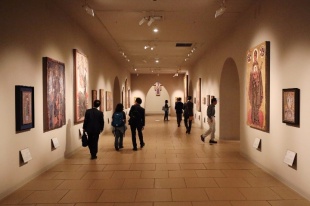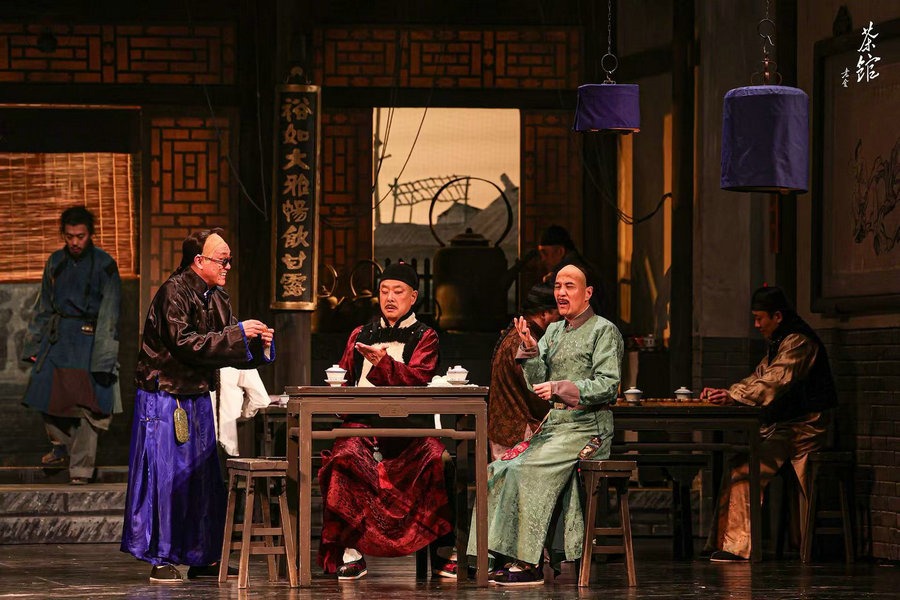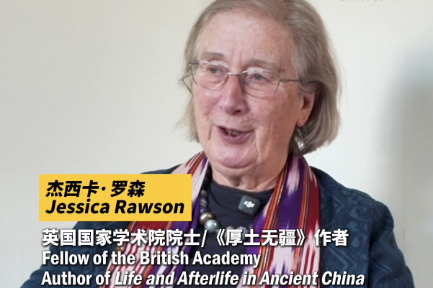Museums, galleries fuel closer cultural ties


TOKYO - Cultural exchanges and integration between Japan and China have been developing like the flow of a great river, and museums and art galleries are the carriers of Japanese and Chinese culture, said Motoaki Kono, curator of the Seikado Bunko Art Museum, as he marked International Museum Day on May 18.
Located on the outskirts of Tokyo, the Seikado Bunko Art Museum was founded by Yanosuke Iwasaki, who began collecting ancient Chinese and Japanese books sometime around 1892. In 1907, the Seikado Bunko Library was established with a collection of precious ancient books. The name "Seikado" stems from The Book of Songs, an ancient Chinese collection of poems.
Currently the Seikado Bunko Art Museum contains 6,500 works of art, and 200,000 books, including 80,000 Japanese volumes and 120,000 Chinese volumes.
Kono, who is an expert on the history of Japanese art, says that during the formation of modern Japan, museums and art galleries were set up in a large scale in order to raise national awareness.
In modern society, museums and art galleries are playing an increasingly important role, and their emphasis is also changing, Kono says.
This year's International Museum Day was themed "Museums as cultural hubs: The future of tradition".
As the theme indicates, while fulfilling the original tasks of collection, conservation, communication, research and exhibition, museums are gradually developing new functions.
"Museums and galleries in Japan were originally state institutions, but now elements of the state are shrinking. They have become more human, more individualized, more nationalized and go more deeply into people's hearts," Kono says.
Cultural exchanges between China and Japan date back millennia.
"Although there have been twists and turns in the political development of Japan-China relations, the cultural exchanges between the two countries have been running like a river straight ahead since ancient times," Kono says, adding that he and the founder of the museum both hold great respect for Chinese culture.
The museum held exhibitions of precious Chinese paintings from the Ming and Qing dynasties (1368-1911) last year, as well as exhibitions of paintings from the Song (960-1279) and Yuan (1271-1368) dynasties, Kono says.
The museum is exhibiting Chinese tea bowls called yohen tenmoku, which were made in the Southern Song Dynasty (1127-1279) and brought to Japan.
"We want to share all this wonderful Chinese culture with more people," Kono says. "It can be said that museums and art galleries are the carriers of Japanese and Chinese culture."
Xinhua






































